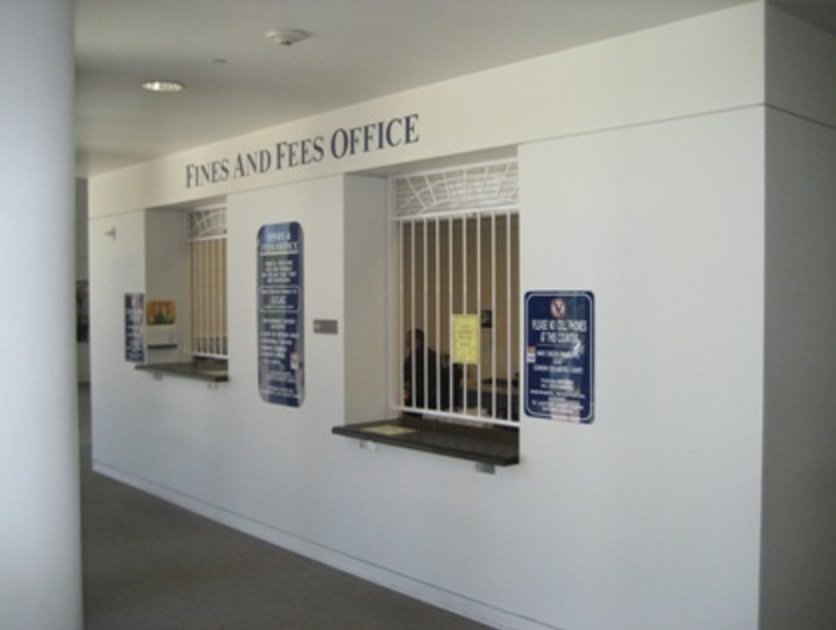
In 2014, San Francisco police issued over 11,000 quality of life citations under current California state law, according to a 2015 report by the Coalition on Homelessness. The report also stated that 62 percent of all citations went unpaid. These unpaid citations place a myriad of burdens upon poor people. Unpaid fines are sent to collections agencies, ruining credit scores and placing barriers on people searching for housing and employment. But until recently, unpaid fines led to the suspension of a person’s drivers license. As of March, the California Department of Motor Vehicles reported that 488,000 people have had their licenses suspended due to unpaid tickets or for missing their scheduled court date.
However, a recent bill signed into law looks to end many of these penalties for poor people: Senate Bill 185, authored by State Senator Bob Hertzberg (D-Van Nuys) and sponsored by a coalition of social justice groups including the Coalition on Homelessness, the Western Center on Law and Poverty, American Civil Liberties Union of California, and East Bay Community Law Center. The bill has two parts: clearing license suspensions and reducing the burden of fees by the court. The bill will end license suspensions in the case of unpaid fines in the state of California. Furthermore, the bill will seek to restore all previously suspended licenses, with the potential to impact almost a half-million people.
The bill would require the court to reduce the base fine and associated fees by 80 percent if the court establishes that the defendant is indigent, and to provide alternatives such as a payment plan option. The bill would require the court to use a payment calculator developed by the Judicial Council in order to determine a person’s ability to pay. For persons not found to be indigent, the bill would require that the monthly payment not exceed 5 percent of the defendant’s family monthly income. For folks found to be totally unable to pay, the bill would require that monthly payments be $0 until their financial circumstances change, and the remaining amount owed to be discharged after 48 months.
According to the U.S. Federal Reserve, 46 percent of Americans don’t have $400 to pay for an emergency expense. Therefore, fines and fees pose a significant danger and hindrance to a large section of our society as a whole. Rather than incentivizing people to pay their citations or obey the law, punishing folks for not being able to pay forces people into a cycle of job loss and poverty. Suspending a person’s license will not make them likely to pay, but make them unable to drive their children to school or hold down a job.
Governor Jerry Brown signed this bill last month along with several others in order to enact the state budget.

